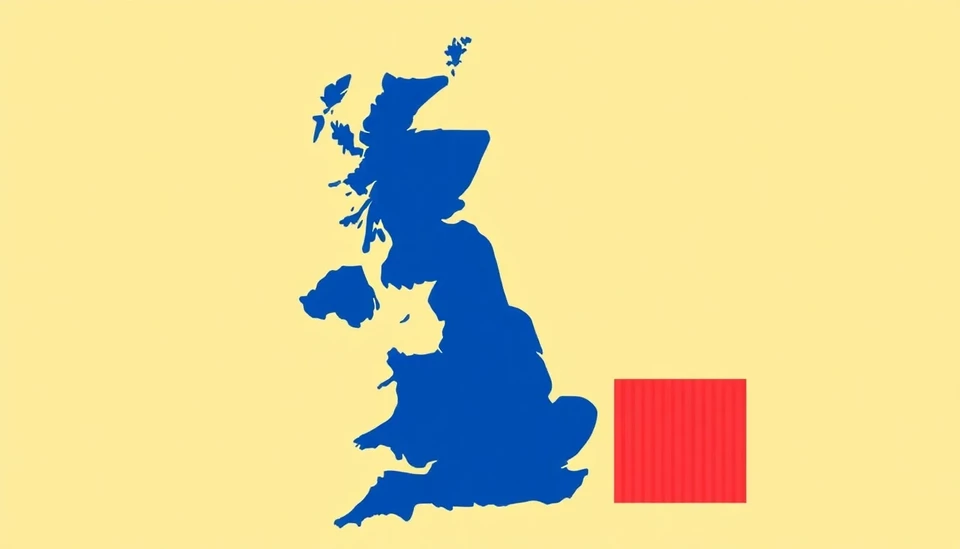
In a recent analysis involving the looming possibility of tariffs imposed by former President Donald Trump on the United Kingdom, economists have provided their insights regarding the potential impact on the UK economy. As Trump hints at a return to the White House and the potential reinstatement of tariffs on various imports, including British goods, experts assert that the consequences could be manageable for the UK.
The backdrop of these discussions is anchored in the turbulent economic relationship between the two nations, exacerbated by changing political landscapes and trade policies. Trump's previous administration was noted for its aggressive tariff strategies, aimed primarily at countries viewed as trading adversaries. With Trump signaling a re-emergence, many are reconsidering how his administration might approach international trade, particularly with stalwart allies like the UK.
Economists believe that while new tariffs could impose costs on specific industries, the overall effect on the UK economy might be muted. This optimistic outlook rests on a few key points. Firstly, the UK's economy is diversified; it does not rely solely on exports to the United States. Thus, any downturn stemming from tariffs might not drastically destabilize the broader economy. Additionally, trade between the US and UK accounts for a relatively small percentage of total UK trade, suggesting that the ramifications could be contained.
Moreover, there’s a strong sentiment among experts that the UK may find ways to mitigate adverse effects through strengthened ties with other trade partners. The UK has been actively pursuing trade agreements with countries around the globe, which can soften the impact of any tariffs imposed by the US. Some economists argue that the UK's post-Brexit strategy has already laid the groundwork for diversification away from dependency on the US market.
However, caution persists as some sectors, particularly manufacturing and agriculture, could face heightened challenges. Tariffs could drive up costs on imported raw materials and lead to retaliatory measures from the UK government, damaging exports to the US. This protective measure could ironically harm the same industries that Trump’s tariffs are purportedly designed to protect.
As the 2024 election cycle heats up, many stakeholders in the UK are wary of the unpredictability associated with Trump's potential policies. They advocate for close monitoring of the situation and emphasize the importance of robust diplomatic relations to navigate these uncertain waters. Economists continue to stress the need for adaptability, underscoring that while the risks are present, they are far from insurmountable.
In conclusion, while the prospective return of Trump raises alarms for some, a considerable number of economists maintain that the knock-on effects of any impending tariff policy on the UK might be manageable, especially given the country's strategic economic framework and proactive trade endeavors.
As the geopolitical landscape evolves, stakeholders on both sides of the Atlantic will need to stay vigilant and responsive to the shifting tides of international trade.
#TrumpTariffs #UKEconomy #InternationalTrade #Economists #TradePolicy #Brexit #2024Election
Author: Laura Mitchell




